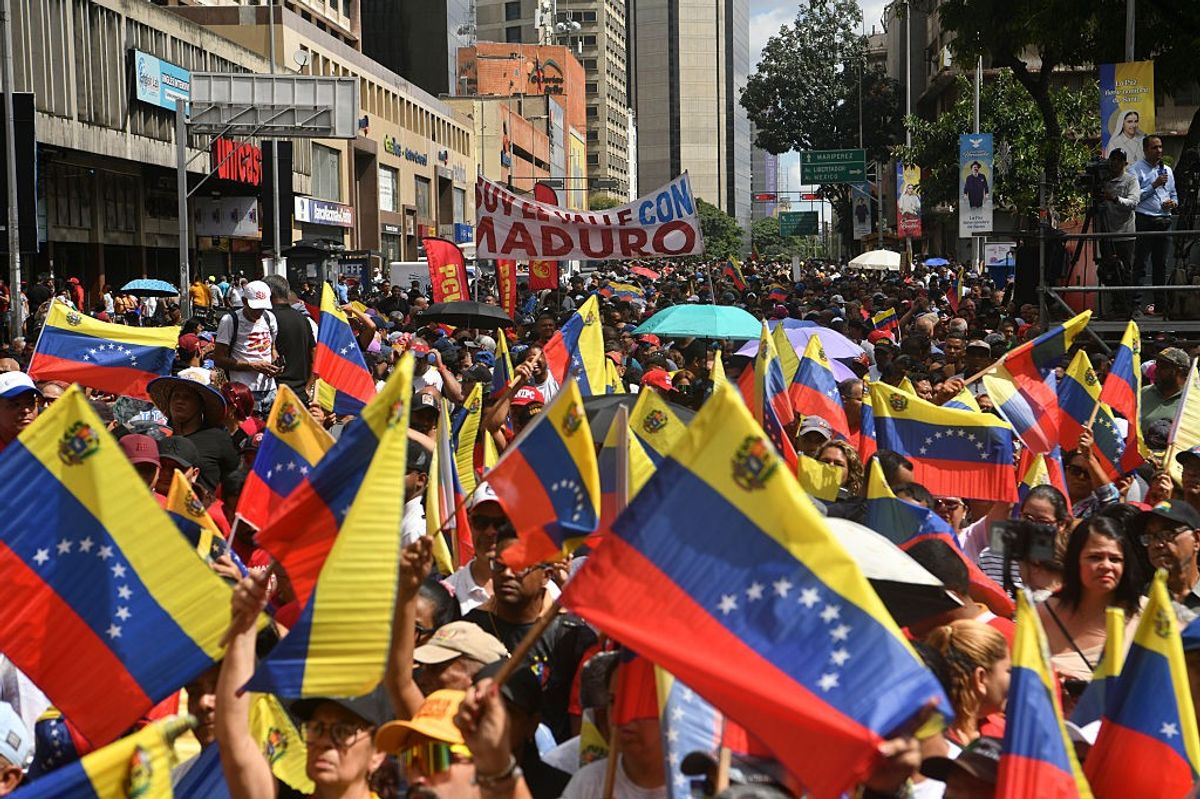OPINION — Following Russia’s full-scale invasion in 2022, Vladimir Putin expected a swift victory from his “special military operation.” Instead, it is Kyiv now conducting special air campaigns against Russia’s oil and gas industry. Ordinary Russians are beginning to feel the war’s costs more directly and the pressure on the Kremlin is growing.
Since late 2023, Ukraine has unleashed a drone offensive, targeting Russian oil refineries. By 2024, the Biden administration was upset at the impact Ukraine was beginning to have, as the US was sensitive to changes in oil prices.
But for Russia, oil and gas revenues help fund its ongoing war against Ukraine. Russia’s reliance on massive recruitment bonuses to sustain its war effort in Ukraine is straining its economy, driving up wages and inflation as the military competes with civilian industries for labor. According to a June survey by the independent Russian pollster Levada Center, 58% of Russians named rising prices as their top concern.
Drones have formed the backbone of Ukraine's defense, but now, they are increasingly used on the offensive against Russia. Over time, drone strikes became more effective. By 2025, Ukraine had built an extensive fleet of long-range drones and put them to use, targeting Russian oil, hitting Moscow where it hurts most. Kyiv believes these to be “kinetic sanctions,” since the West has been hesitant to target Russian oil for years. And for Putin, fuel prices are politically dangerous.
Since early August, Ukraine has carried out more than a dozen strikes on Russian oil refineries, knocking out as much as 20% of refining capacity – over 1 million barrels a day. According to The Economist, the attacks have forced rationing, sent wholesale petrol prices up by more than 50%, and pushed Russia to suspend gasoline exports. The attacks have continued into September.
The result is that Russians are stuck in long lines waiting for fuel. Some cities reportedly don’t have any fuel supplies left. Local government budgets are in freefall. All of Russia’s major oil companies have reported profit declines in 2025, with industry-wide earnings cut in half.
The shortages now dominate the headlines of Russian newspapers. By early September, Putin himself was forced to admit that Russia is facing a gas shortage. The result is growing social pressure within the country. One Russian war blogger wrote, “We've been half-dead here for months, digging mud in the trenches, under drones every day, counting bullets, while back home, oil refineries are burning down in batches.”
Subscriber+Members have exclusive access to the Open Source Collection Daily Brief, keeping you up to date on global events impacting national security. It pays to be a Subscriber+Member.
The Kremlin’s official narrative has been that damage to refineries came from falling debris after drones were shot down. Yet at the same time, Russian authorities broadcast loudspeaker warnings urging citizens not to record footage of Ukrainian drones – an implicit admission that direct hits were occurring and to not broadcast the success of Kyiv’s efforts.
Things will continue to get worse for Russia. Ukrainian defense company Fire Point has recently unveiled two new ballistic missiles, the FP-7 and FP-9, with ranges of 200 km and 855 km respectively, as part of Kyiv’s push to strike deeper into Russian territory. Kyiv has also been deploying AI drone swarms. With time, this technology will be extended to long-range drones.
While these strikes alone may not determine the outcome of the war, they are shaping its trajectory. Ukraine has shown it can bring the fight deep into Russia’s economic heartland, weakening the very revenues that sustain Moscow’s military machine.
Putin would be wise to remember the lessons of Tsar Nicholas II during World War I: when the frontlines dragged on and domestic shortages mounted, social pressure at home proved as dangerous as the enemy abroad.
The Cipher Brief is committed to publishing a range of perspectives on national security issues submitted by deeply experienced national security professionals.
Opinions expressed are those of the author and do not represent the views or opinions of The Cipher Brief.
Have a perspective to share based on your experience in the national security field? Send it to Editor@thecipherbrief.com for publication consideration.
Read more expert-driven national security insights, perspective and analysis in The Cipher Brief















